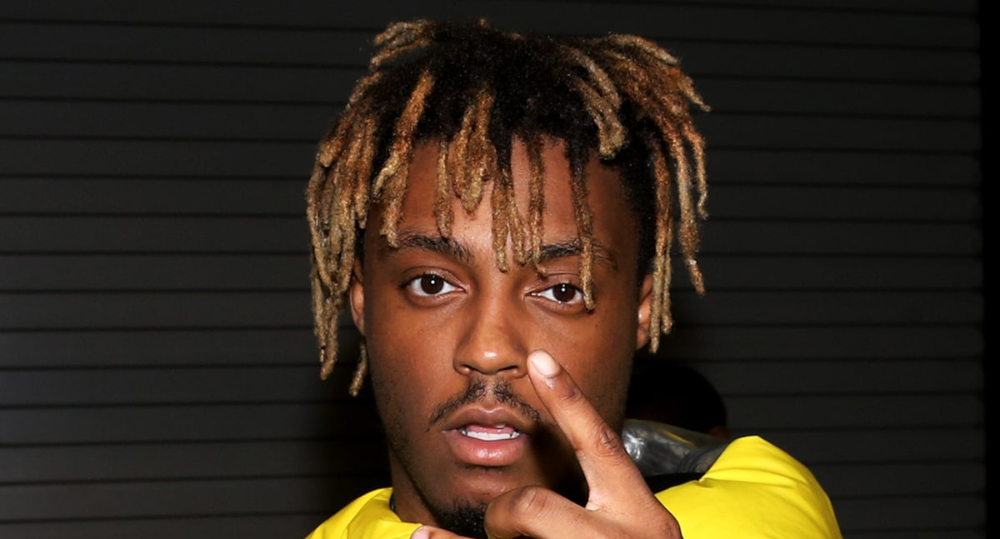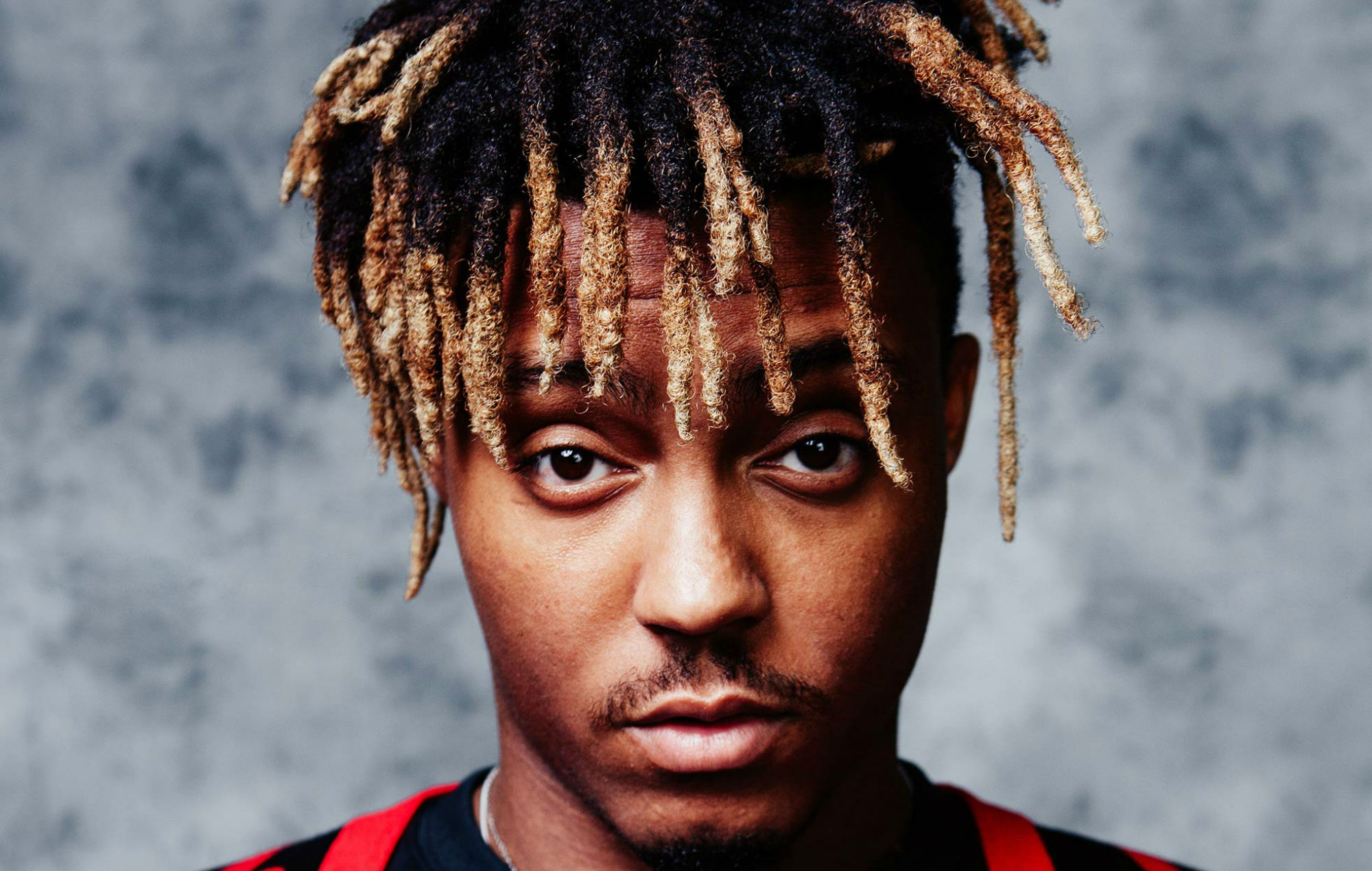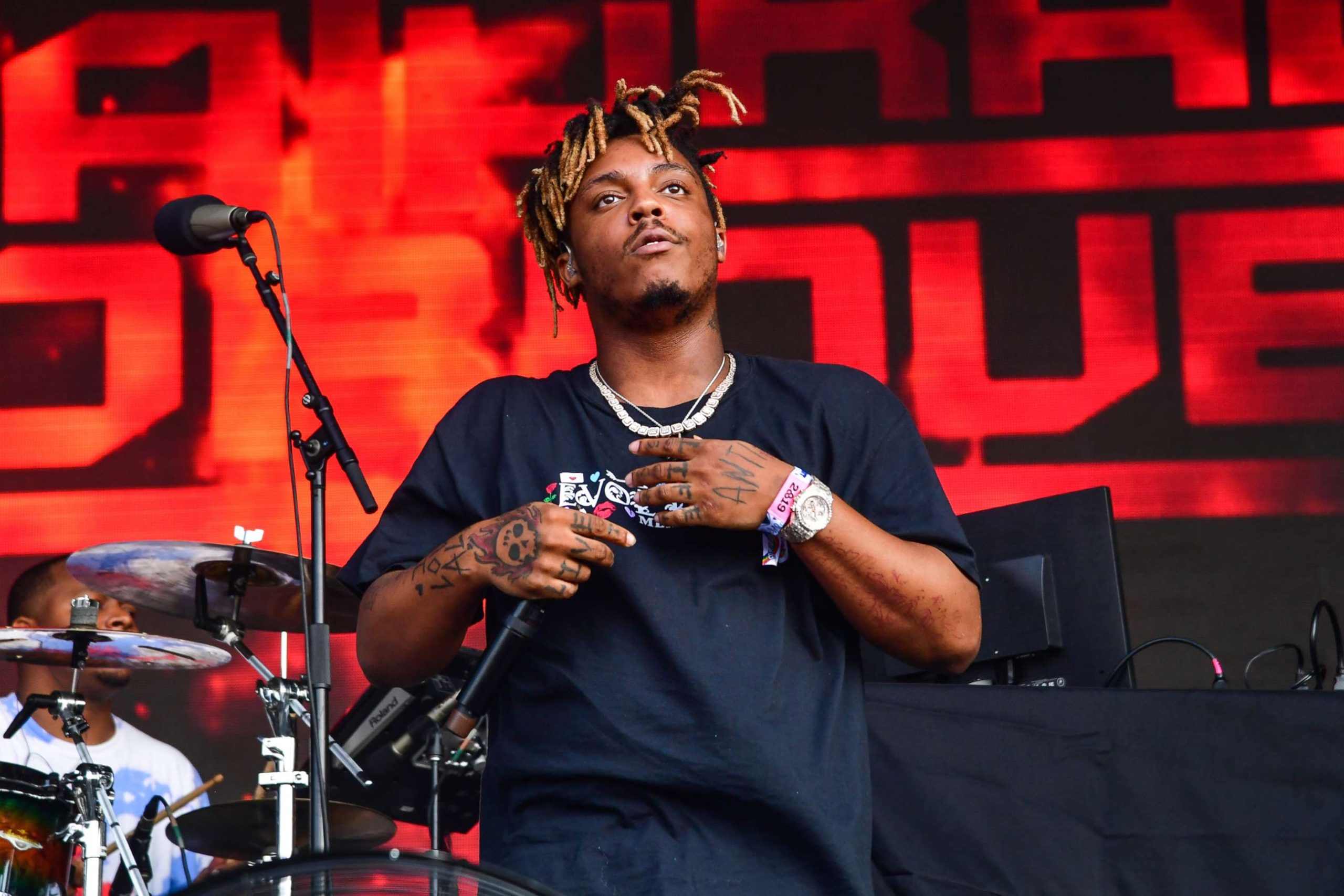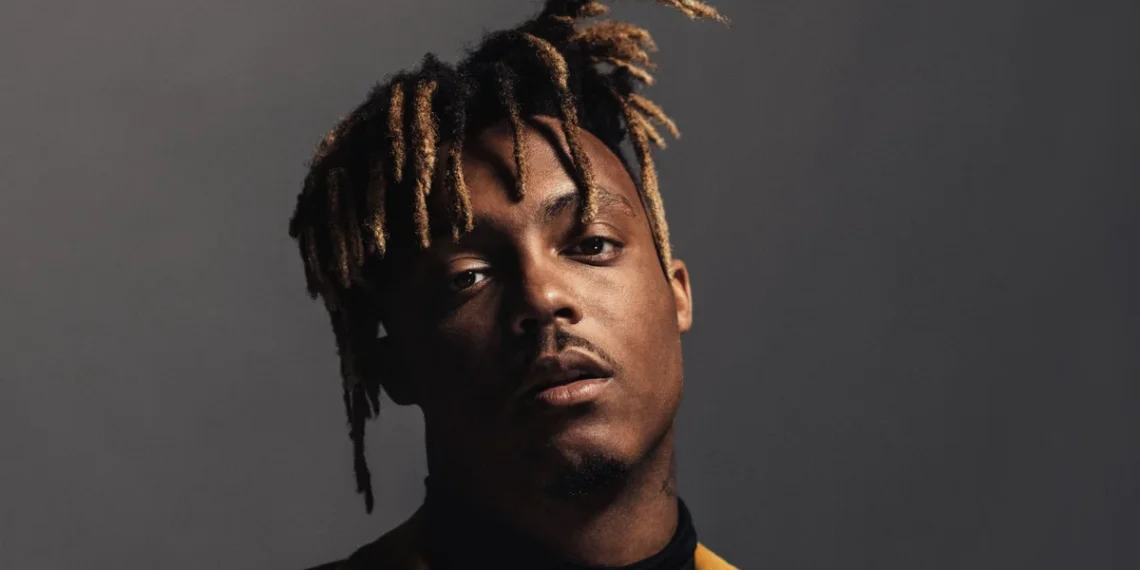Juice Wrld, a prominent American rapper, was worth $4 million when he tragically passed away in 2019. Best known for his chart-topping tracks like “Lucid Dreams” and “All Girls Are the Same,” Juice Wrld made a significant mark on the music world in his short life. His death at just 21 years old surprised his fans and the industry alike, but his legacy continued to generate wealth even after his passing.
Revenue After Death
In the year following Juice Wrld’s death, his estate earned an impressive $15 million. This sum was derived from multiple revenue streams, including royalties and merchandise sales. This placed Juice Wrld among the highest-earning deceased celebrities for the year, only trailing behind NBA legend Kobe Bryant. Juice Wrld’s estate also contained real estate holdings, such as his $4 million Encino home and a $1.5 million condo in Miami.

Juice Wrld’s Early Years
Born Jarad Anthony Higgins on December 2, 1998, in Chicago, Illinois, Juice Wrld’s early life was marked by a challenging family dynamic. His parents divorced when he was very young, and his father left the family. Raised primarily by his religious mother, Juice Wrld was restricted from listening to rap music during his childhood. Instead, he gravitated toward rock and pop genres.
Despite his mother’s rules, Juice Wrld’s love for music blossomed early. He developed a keen interest in different instruments, learning to play the piano, guitar, and drums by the time he was a young child. He also played trumpet in his high school band. His introduction to music was shaped by video games, where he discovered bands like Blink-182, Billy Idol, Black Sabbath, and Fall Out Boy.
Struggles with Substance Use
Throughout his childhood, Juice Wrld struggled with substance abuse. He began drinking lean (a mix of hydrocodone cough syrup and soda) in sixth grade. By his teenage years, his drug use expanded to Xanax, Percocet, and cigarettes. In high school, he started producing music using his iPhone, posting his tracks on SoundCloud. Although he initially had little interest in rap, his friends encouraged him to pursue it as a career, and by age 16, he embraced the genre more seriously.
Juice Wrld’s early rap influences included artists like Chief Keef, Kid Cudi, Travis Scott, Eminem, and Odd Future. These artists helped shape his unique sound, blending rap with emotional vulnerability and introspection.

Juice Wrld’s Career Beginnings
At just 15 years old, Juice Wrld began to make his mark in the music world. His first track, “Forever,” was recorded in 2015 and uploaded to SoundCloud under the name “JuicetheKidd.” Inspired by the late Tupac Shakur’s role in the film Juice, Juice Wrld later changed his name to reflect his ambition to “take over the world.” His early SoundCloud presence attracted the attention of a growing fanbase and the rap community, which was drawn to his distinctive style.
Despite being fired from a factory job after just two weeks, Juice Wrld’s music career took off quickly. He signed with Internet Money Records, a label that helps up-and-coming artists build their careers through social media platforms. His debut EP, 9, 9, 9, released in 2017, featured the breakout hit “Lucid Dreams.” The song resonated with listeners and helped Juice Wrld gain major attention from hip-hop artists like Waka Flocka Flame and Lil Bibby. This attention eventually led to a record deal with Grade A Productions, co-owned by Lil Bibby.
Also Read: Naomi Campbell Net Worth 2025: Fashion Career, Endorsements, and Investments
Breakout Success
Juice Wrld’s rapid rise continued in 2018. After releasing the hit “All Girls Are the Same,” he signed a lucrative $3 million deal with Interscope Records. His career hit new heights with the release of his official music video for “Lucid Dreams” in May 2018, which propelled the song to #2 on the Billboard Hot 100. The video’s success coincided with the release of his debut album, Goodbye & Good Riddance. The album was critically acclaimed and commercially successful, reaching #4 on the Billboard 200 and eventually earning Platinum certification.
In 2018, Juice Wrld’s collaboration with Lil Uzi Vert, “Wasted,” further solidified his status as a rising star in the rap scene. He also toured extensively, embarking on his WRLD Domination tour and making appearances on high-profile projects, including Travis Scott’s Astroworld and the Spider-Man: Into the Spider-Verse soundtrack with his song “Hide.”
Mainstream Success and Continued Growth
Juice Wrld’s second studio album, Death Race for Love, was released in March 2019 and debuted at #1 on the Billboard 200. The album was widely praised, earning Gold certification. That year, he continued to expand his influence, embarking on the Nicki Wrld tour with rapper Nicki Minaj. He also released multiple collaborative singles, including “Bandit” with NBA YoungBoy, which peaked at #10 on the Billboard Hot 100.

Juice Wrld’s third album, Legends Never Die, was released posthumously in 2020 and charted at #9 on the Billboard 200. Another posthumous album, Fighting Demons, came out in 2021, accompanied by a documentary titled Juice Wrld: Into the Abyss. The album featured the single “Already Dead,” which hit the top 20 in the U.S. Juice Wrld’s management has teased a possible third posthumous album titled The Party Never Ends.
The Tragic Passing of Juice Wrld
Juice Wrld’s promising career was cut short on December 8, 2019. After arriving at Chicago’s Midway International Airport, Juice Wrld collapsed from a seizure. Federal agents were already waiting for his plane, having received a tip about the potential presence of drugs on board. During the search of the plane, Juice Wrld was seen swallowing several pills, believed to be Percocet. Shortly after, he collapsed and began convulsing.
Though he was revived with Narcan, an opioid overdose antidote, Juice Wrld was incoherent and later pronounced dead at the hospital. Authorities found weapons, codeine, marijuana, and enhanced ammunition on the plane. Juice Wrld was only 21 years old when he passed. His mother later revealed that he had been battling anxiety, depression, and substance use issues. He had agreed to seek treatment just weeks before his death.
Legacy and Continued Impact
In the wake of his passing, Juice Wrld’s mother founded the Live Free 999 Fund, a charity dedicated to supporting underserved youth dealing with addiction and mental health challenges. Juice Wrld’s impact on music and culture is undeniable, as his honest, vulnerable lyrics and genre-blending style continue to resonate with fans worldwide. His music endures, with new generations of listeners discovering his powerful work, ensuring his legacy lives on long after his untimely death.
Also Read: Paul McCartney Net Worth 2025: Music Career, Tours, and Investments




